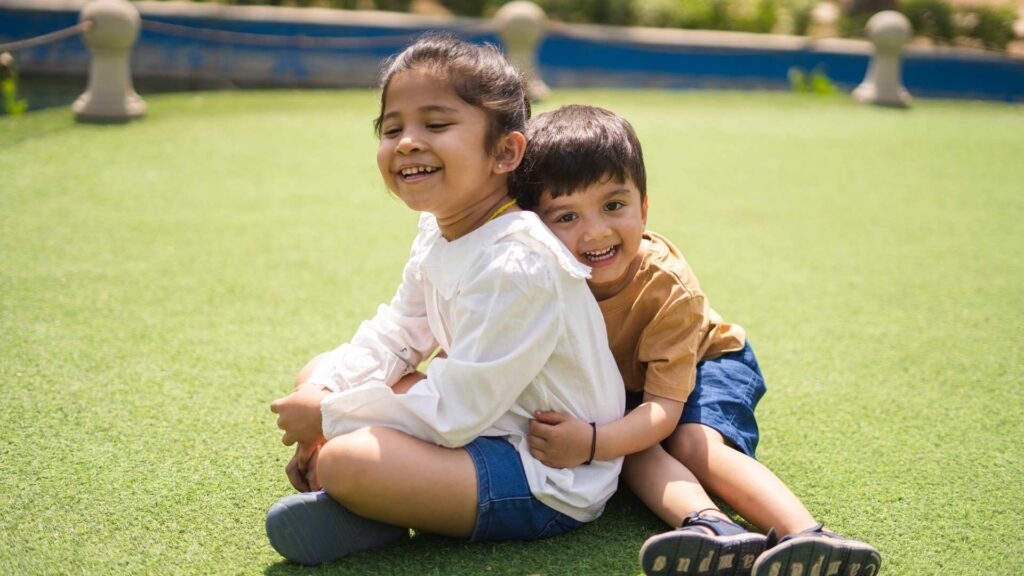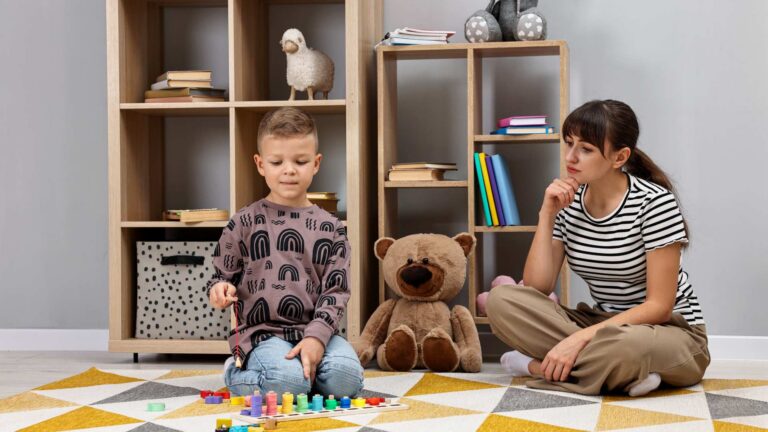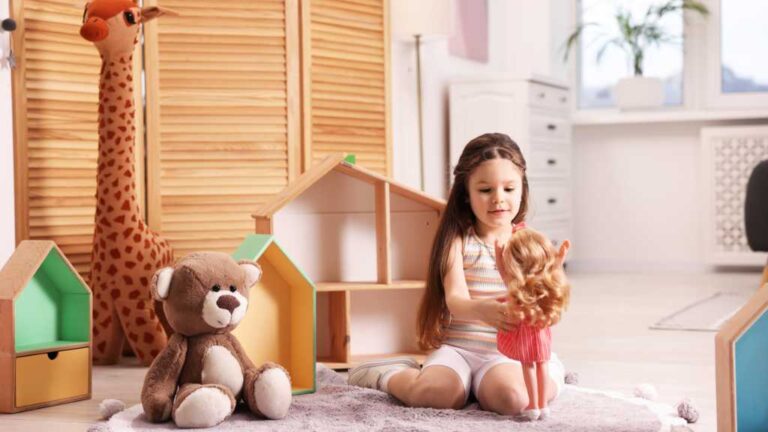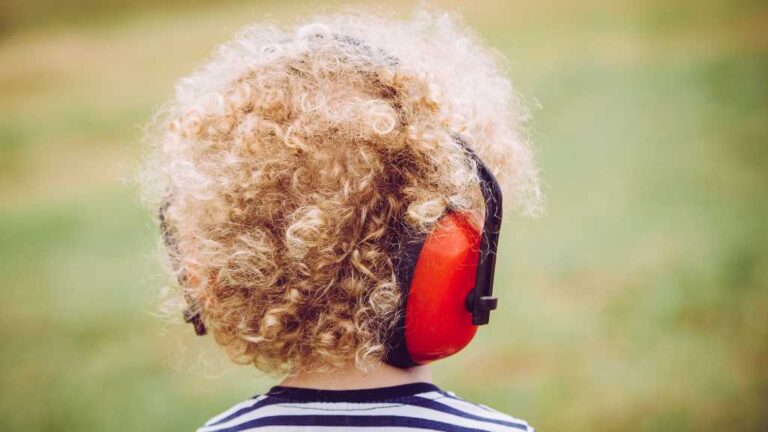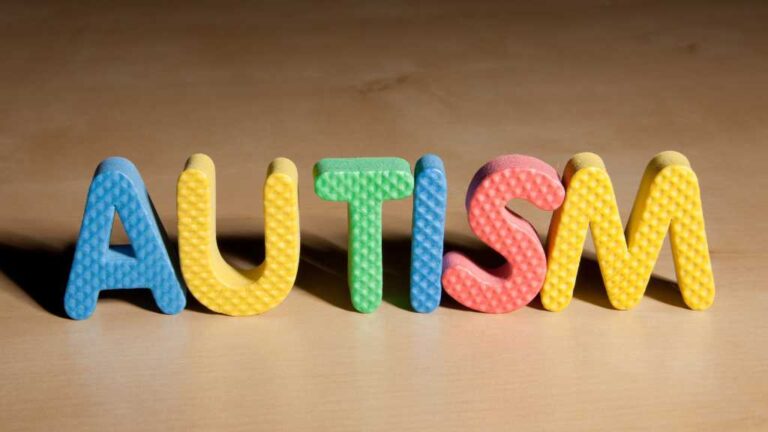Table of Contents
How does having a child with autism affect siblings?
When we talk about autism, the spotlight often falls on the child receiving the diagnosis and rightfully so. But there’s another group whose experiences deserve more attention: siblings of children with autism. These brothers and sisters live alongside the joys, challenges, and unique rhythms of life with autism, often developing extraordinary empathy and resilience in the process.
So, when asking “How does having a child with autism affect siblings?”, the answer isn’t one-size-fits-all. For some, it builds patience, compassion, and a deeper understanding of differences. For others, it can bring moments of confusion, frustration, or feeling “left out.” These experiences are entirely normal, and with the proper support, siblings can thrive alongside their brother or sister with autism. In this article by ABA Centers of Georgia, we’ll explore how families can nurture this relationship, fostering empathy, connection, and confidence.
Understanding the Experience of Siblings of Children with Autism
Siblings of children with autism often feel a wide range of emotions: pride in their sibling’s achievements, protectiveness in public, joy during shared moments, but also occasional frustration or confusion. When we look at the dynamics of autism and siblings, these mixed emotions are not only common but part of the shared family journey. Research from Yale School of Medicine highlights that growing up with a sibling with autism shapes emotional and social development in complex ways, influenced by age, personality, and family dynamics.
It’s important to remember that these feelings, both positive and challenging, are valid. Acknowledging them helps siblings understand that their emotions are normal and that they are not alone in their experiences.
Nurturing Empathy Through Understanding
One of the most powerful ways to cultivate empathy is through education. For autism and siblings, understanding the “why” behind different behaviors makes interactions more compassionate.
Parents can use age-appropriate explanations, storybooks, videos, and real-life examples to show how autism affects communication, sensory processing, and daily routines. This kind of knowledge strengthens the connection between autism and siblings, helping both children understand each other better.
The National Institutes of Health points out that early conversations, tailored to the child’s developmental stage, help siblings feel informed and reduce misconceptions. This knowledge settles the foundation for empathy, making siblings better allies and true friends to their brother or sister.
Creating Opportunities for Connection
Building strong relationships between autism and siblings requires intentional effort. Finding shared activities that meet both children’s needs can make a world of difference.
Whether it’s baking cookies together, enjoying a sensory-friendly movie night, or engaging in art or music projects, genuine connection grows through shared joy. When parents create these moments intentionally, they bridge the gap between autism and siblings, turning everyday activities into opportunities for closeness.
Parents can observe what activities bring both children smiles and adapt them to be inclusive. For example, if a sibling loves board games, choosing ones with simple rules or tactile elements can make them accessible to a child with autism. This resource ensures that connection doesn’t depend solely on verbal communication; it can be built through play, touch, and shared routines.
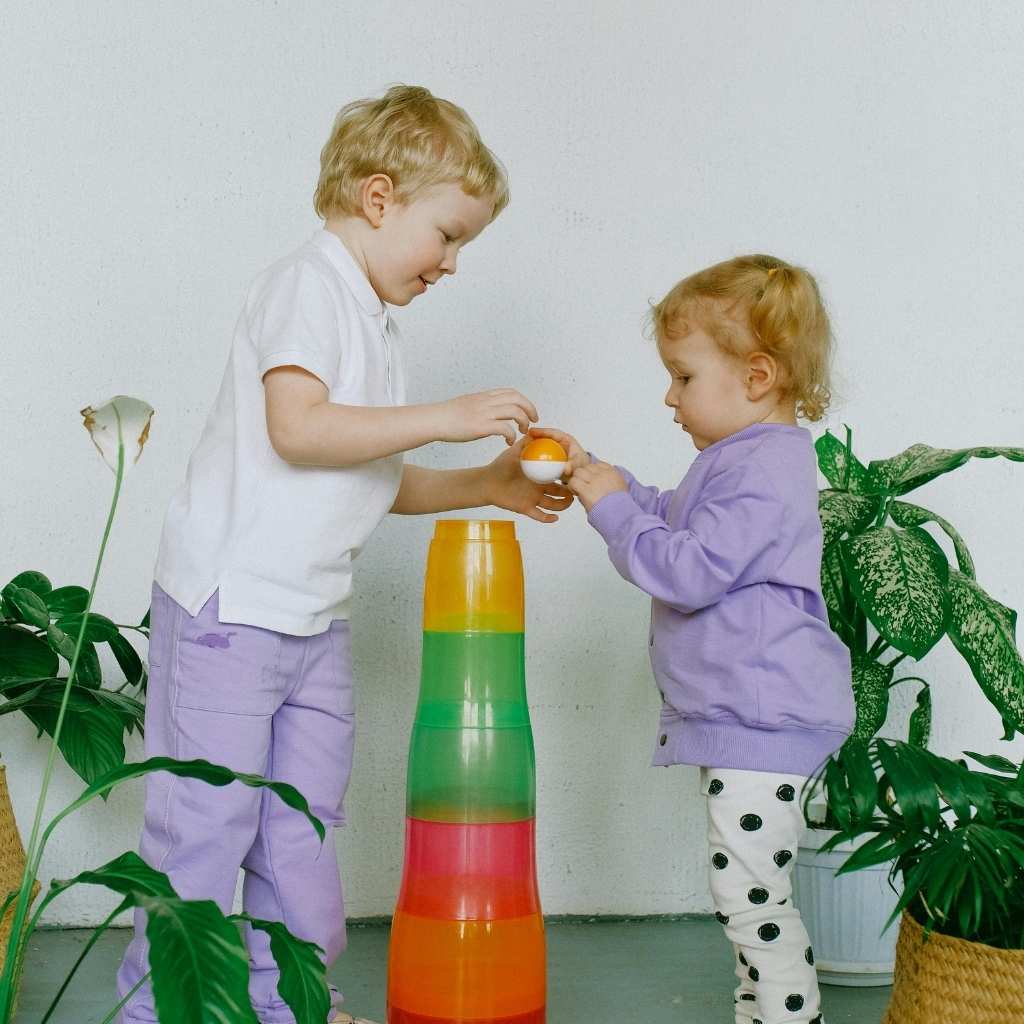
Here are a few practical ideas for fostering connection:
- Cooking or Baking Together – Give each child a role, like measuring ingredients, stirring, or decorating.
- Collaborative Art Projects – Painting, coloring, or clay modeling allow for self-expression without pressure to follow strict instructions.
- Music Sessions – Play instruments, sing, or dance to favorite songs; music can be a bridge even when verbal language is limited.
- Outdoor Adventures – Nature walks, bubble play, chalk art, or a backyard picnic can provide a calm and enjoyable shared space.
- Sensory-friendly Games – Families can adapt activities like bean bag toss, building with blocks, or water play to both children’s preferences.
- Family Rituals – Weekly game nights with modified rules, shared story time before bed, or a “special snack” tradition can create reliable, comforting points of connection.
By creating these shared moments, parents give siblings the chance to experience joy, teamwork, and companionship, laying the groundwork for a sibling relationship based on trust and mutual appreciation.
Building Confidence and Individual Identity
Celebrating the bond between Siblings of Children with Autism is essential, but so is supporting the neurotypical sibling’s individual growth. As News-Medical reports, family history and dynamics can influence how siblings perceive their own identity and opportunities.
Parents can encourage confidence by:
- Celebrating the siblings’ unique achievements
- Spending one-on-one time together
- Encouraging hobbies and friendships outside the family structure
This balance helps prevent feelings of being overshadowed and reinforces that each child is valued for who they are.
Providing Tools for Emotional Expression
For autism and siblings, having an outlet to express emotions is essential. Some children may find it hard to voice frustration or sadness for fear of adding to their parents’ stress. Creating safe spaces for open conversation without judgment or guilt can help.
Journals, art projects, or “feelings boards” allow siblings to process emotions healthily. Parents can initiate check-ins, asking questions like, “What’s something you loved today?” or “What was tricky today?”; these moments can help children feel heard and supported.
Knowing When to Seek Extra Support: How ABA Therapy and Early Intervention Support Families
Sometimes, siblings may need additional help. In the world of autism and siblings, those moments can be pivotal for maintaining emotional well-being. Signs might include withdrawal from social activities, sudden changes in school performance, or recurring worries about their sibling’s future.
Support can come in a variety of forms: counseling, sibling support groups, mentorship programs, and, of course, ABA Therapy.
Applied Behavior Analysis (ABA) therapy and early intervention are proven to help children with autism build communication, social, and daily living skills. For siblings of children with autism, these therapies also make a difference. As the child with autism gains skills, interactions with siblings often become smoother and more rewarding.
Early intervention can set a strong foundation for lifelong growth, making it easier for siblings to connect and engage. Families who access these services not only support the child with autism but also create a more balanced home environment where all children can flourish.
Key Takeaways for Parents

Supporting siblings of children with autism means finding a balance between care, communication, and connection. Here’s a quick recap of strategies that can help your whole family thrive:
- Acknowledge Their Feelings – Let siblings know it’s okay to feel proud, frustrated, or confused.
- Educate with Empathy – Use age-appropriate tools to help them understand autism and their siblings’ needs.
- Create Shared Moments – Find inclusive activities that foster joy and connection for both children.
- Celebrate Individuality – Give siblings space to explore their own passions and achievements.
- Encourage Expression – Offer journals, art, or open conversations as outlets for emotions.
- Watch for Signs of Struggle – Seek professional or peer support if siblings seem withdrawn or anxious.
- Leverage Therapy – Early intervention and ABA therapy can improve communication and strengthen sibling bonds.
When parents actively nurture the sibling relationship, they set the stage for a lifetime of mutual respect, empathy, and love.
Growing Together
The journey of siblings of children with autism is one of unique challenges and profound rewards. By fostering mutual understanding, intentional connection, and emotional support, siblings can grow into compassionate, confident individuals who value their family bond.
If your family is navigating life with a child who has autism, remember that you don’t have to face it alone. Accessing the right resources from open conversations at home to professional support can significantly enhance your experience.
For diagnostic evaluations, early intervention, and ABA therapy services that support the entire family, contact ABA Centers of Georgia today and schedule a free consultation or call us at (855) 929-5058. Together, we can help every child and sibling thrive.

